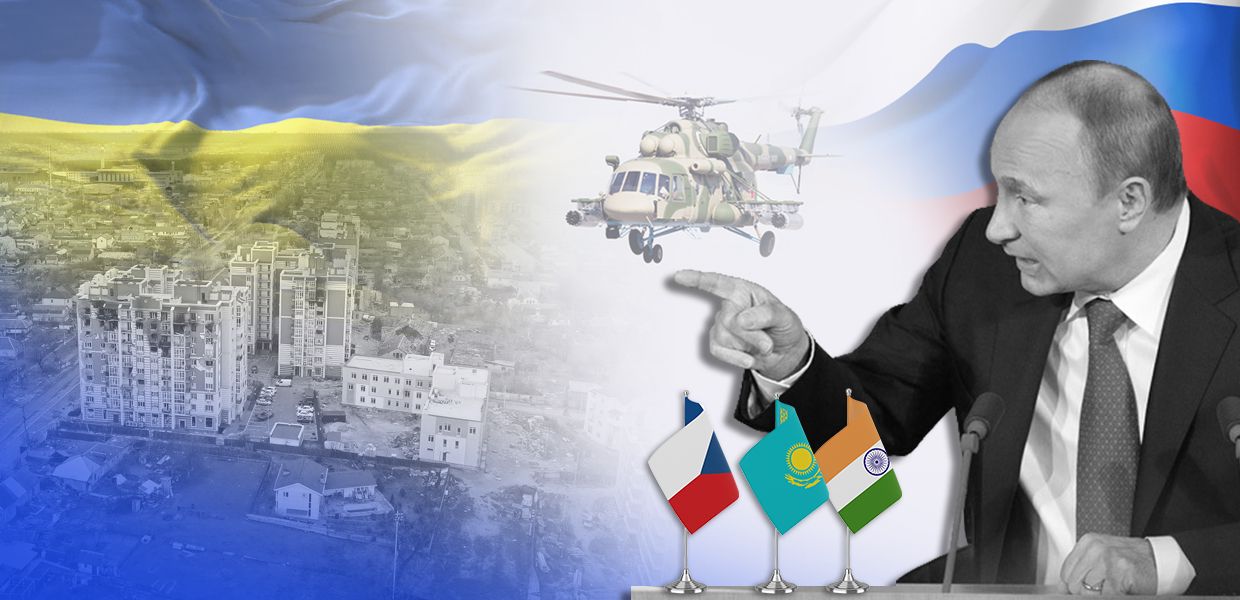Media: Russian army boot manufacturers imported over $4 million worth of EU materials

Companies that make boots for the Russian army have spent $4.1 million on materials from EU countries in 2023, according to a report by the Ukrainian investigative journalism project Trap Aggressor on Nov. 20.
Journalists collected Russian boots found in Ukraine and examined the purchase history of their manufacturers, tracing the imports of leather, glue, and spare parts for shoe-making machines over the last year.
Some boots worn by Russian soldiers on the battlefield were reportedly made by the Russian company Faraday, which presented its shoes at the Army 2023 International Forum in Moscow and received at least six orders for shoes from the Russian Internal Affairs Ministry in 2022.
Faraday bought $1.7 million worth of leather and other materials from the Italian company Conceria Cervinia at the start of 2023, Trap Aggressor reported.
The shoe manufacturer also bought $300,000 worth of materials from the German chemical company Jakob Keck Chemie, which produces varnishes, adhesives, and paints for the shoe industry.
A third company, the German leather fiber manufacturer Salamander, provided $80,000 of materials to Faraday, Trap Aggressor said.
The same company also supplied $60,000 worth of materials to the boot manufacturer Donobuv, which has publicly stated that it supplies the Russian military.
Salamander released a statement in May 2023, saying it had decided to "immediately stop deliveries" to Russia and Belarus.
"Salamander's approach is tougher and tougher than the current EU sanctions list calls for," Trap Aggressor quotes the company's statement.
The EU limits trade in dual-use goods, such as drone motors, which can be utilized for both military and civilian purposes.
However, leather, rubber, shoe soles, and other materials involved in boot manufacturing do not fall under the categorization of dual-use goods and therefore can be sold to Russia.
Moreover, Faraday and Donobuv are companies that fall under Ukrainian sanctions, but not EU sanctions, Trap Aggressor noted.
Without further sanctions, companies based in the EU are ensuring that Russian army boots "are made of high-quality European leather," Trap Aggressor warned.











